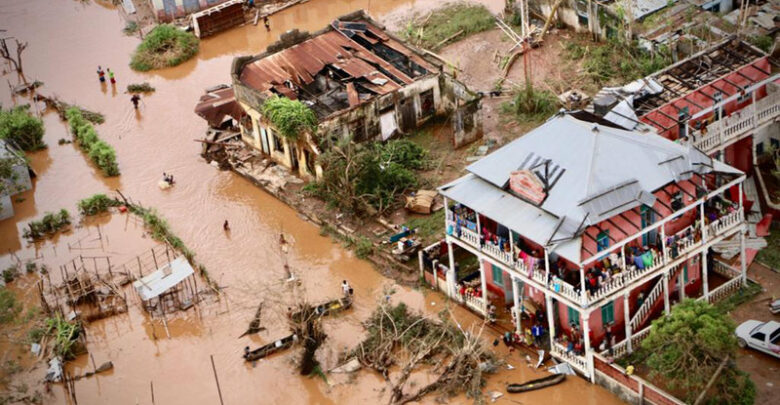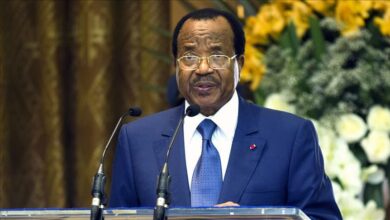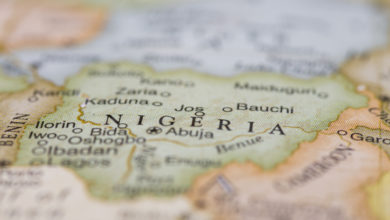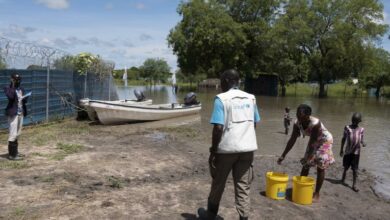World
World Bank Increases Emergency Fund For Cyclone-Hit Southern Africa

The World Bank on Friday announced it has increased emergency support fund for Mozambique, Zimbabwe, and Malawi, the three southern African countries worst hit by cyclone Idai that killed hundreds in March, to $700 million. More than 1,000 people were killed due to Cyclone Idai that lashed the eastern Indian Ocean coast bringing heavy winds and rains.
In a statement, the World Bank said it was activating the International Development Association (IDA) Crisis Response Window (CRW) to provide up to $545 million to Cyclone Idai affected areas. Nearly $150 million in resources was recently made available from existing projects. The latest fanatical support takes the total World Bank support to Mozambique, Zimbabwe, and Malawi, to around $700 million, reported Africa News.
David Malpass, the new World Bank President, who is currently in Africa for his first foreign trip, said the lender was still assessing the damage caused by Cyclone Kenneth that struck the island nation of Comoros and then northern Mozambique last month.
“Cyclone Idai caused catastrophic damage earlier this year that affected millions of people, and this tragedy has been compounded by Cyclone Kenneth,” Malpass said.
He said further assistance will be made available if required following a tour of Beira’s affected areas.
“But even from the existing assistance programme that was directed initially for Cyclone Idai, some of that money we expect to already begin to be used for Cyclone Kenneth,” the World bank President told Reuters. “And as the damage assessment comes in there could be more assistance available.”
Mozambique, the worst t hit African country by the cyclone, would receive $350 million in CRW financing to rebuild water supply systems and damaged public infrastructure. Malawi would get $120 million in aid, while Zimbabwe will receive 75 million US dollar for social welfare programmes for cyclone victims.






